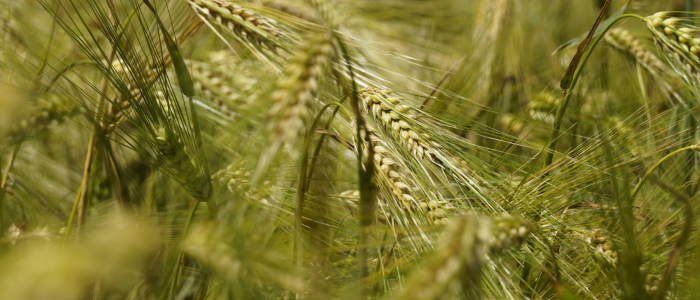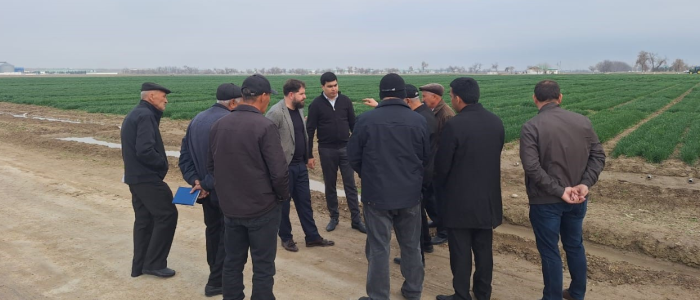The agriculture sector is a staple of Turkmenistan’s economy and food security, making up around 12 percent of its gross domestic product (GDP). Agriculture provides food and raw materials for agro-industries is key to the maintenance of sustainable food systems and economic stability, with cotton and cereal crops both playing a central role.
Turkmenistan is one of the most significant cotton producers in Central Asia, , contributing to the economy and foreign exchange earnings, as well as providing a significant source of income and employment for rural people. Cereal crops, such as barley, maize, rice and wheat are, similarly, crucial for the country’s economic stability, and they form a basis for traditional diets, underpinning food self-sufficiency. Among cereal crops, wheat is the most significant in terms of harvested crops and total production, making it vital in the country’s national food security strategy.
The Food and Agriculture Organization of the United Nations (FAO) is supporting Turkmenistan’s efforts in enhancing these two priority areas, within the framework of two projects, implemented with the FAO Technical Cooperation Programme (TCP), “Strengthening technological innovation and research capacities for sustainable and climate-resilient cotton production” and “Support for the improvement of pest management capacities for cereal crops”. The implementation of the project started after FAO successfully held a joint inception workshop for the two projects in March, in Ashgabat, bringing together key actors to take initial steps in the work of the projects.
Responding to the needs
The challenges faced by the cotton, wheat and cereal sectors are varying and partially interconnected. Both areas face the emerging issue of pests and diseases, and problems caused or exacerbated by climate change, such as extreme weather events like drought or heat. One of the challenges most pressing for the cotton industry is soil degradation, specifically salinization caused by improper irrigation, which strains long-term agricultural sustainability. For wheat and the cereal sector, biotic stresses, as pest and disease outbreaks are a main source of yield losses, causing declines in productivity and weakening resilience.
“FAO is promoting solutions that improve cotton production by strengthening sustainable farming practices, as well as through the application of innovative and environmentally friendly technologies, and sustainable pest management practices for the protection of crops,” said Artur Shamilov, FAO agricultural officer and lead technical officer of the projects.
The project highlights the necessity for capacity building and the implementation of Integrated Pest Management (IPM) for cereal crops. IPM is a holistic approach towards pest and disease control, aimed to minimize the usage of harmful pesticides, and boost biodiversity protection and environmental balance. These necessary changes will enable better adaptation to changing climatic conditions, and contribute to long-term environmental protection, economic growth, and better livelihoods.
To address these problems and focusing on finding solutions, the inception workshop created a platform to exchange information and assess existing challenges and opportunities in the agricultural sector, engaging over 30 participants – technical experts, government officials, and representatives from research institutions and associations in Turkmenistan. FAO experts and local partners provided valuable insight and data on the existing institutional capacities and conditions of these sectors, laying the foundation for enhancing cotton production and pest management in cereal crops. By enhancing capacity and facilitating knowledge sharing, the FAO projects are designed to ensure a lasting and wide impact, supporting Turkmenistan’s agricultural resilience and sustainable rural development. ///FAO, 11 April 2025

